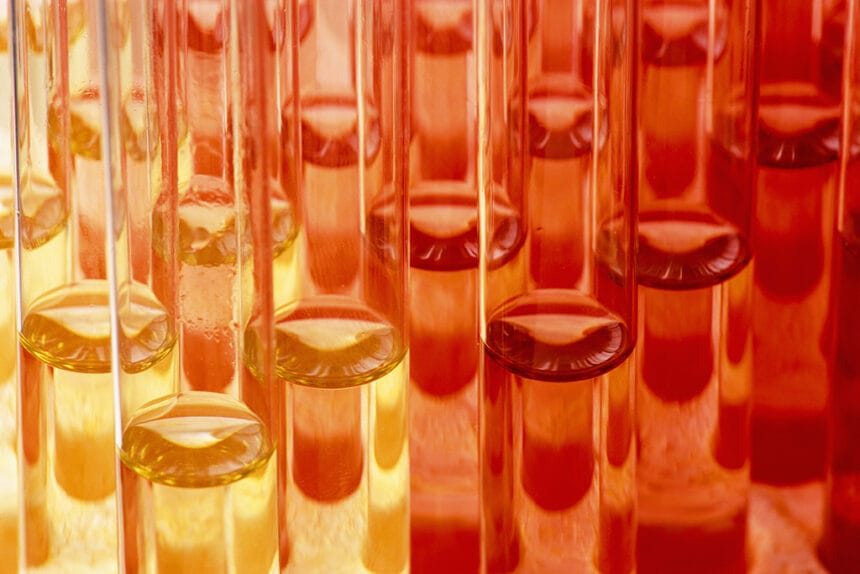Dyne Therapeutics’ experimental treatment for Duchenne muscular dystrophy (DMD) showed promise in new data from a small Phase 1/2 trial dubbed DELIVER, the pharma announced this week.
The drug, DYNE-251, resulted in levels of dystrophin expression, exon skipping and percent dystrophin positive fibers that were similar to the current standard of care — a drug known as eteplirsen.
Patients treated with DYNE-251 experienced an increase of 0.28% in dystrophin, a protein associated with muscles, within six months.
The pharma also released data from its ACHIEVE trial in another therapy, DYNE-101, for myotonic dystrophy type 1 (DM1).
In that study, DYNE-101 showed a dose-dependent splicing correction and increase in muscle delivery, resulting in functional improvement in myotonia. Patients receiving 1.8 mg/kg of DYNE-101 Q4W experienced overall improvement at six months in the myotonic dystrophy health index (MDHI), the ACHIEVE trial found.
Dyne’s shares rose 18% during trading on Wednesday following the news.
“These compelling initial data from our ACHIEVE and DELIVER trials highlight the exciting opportunity we have to advance our investigational therapeutics for devastating diseases with no or limited treatment options,” said Wildon Farwell, chief medical officer at Dyne, in a statement. “Underpinning these results are favorable safety profiles, which are critical in the development of therapies for chronic diseases.”
The results suggest that DYNE-251 may emerge as competition to Sarepta Therapeutics’ drugs for DMD, which include Elevidys, an adeno-associated virus based gene therapy in ambulatory pediatric patients aged four to five years old.
Elevidys won an accelerated approval from the Food and Drug Administration in June, but failed to reach its primary endpoint in a Phase 3 trial in October. Sarepta’s shares slid 2.1% following Dyne’s announcement.
Still, DYNE-251’s journey didn’t come without setbacks.
In January 2022, the FDA announced a clinical hold on the drug’s IND application and asked for more clinical and nonclinical information. That was cleared some six months later, with Dyne moving the therapy into the Phase 1/2 trials later in the year.
Dyne said it expects more data from its ACHIEVE and DELIVER trials in the second half of 2024.
Dyne CEO Joshua Brumm underscored the pharma’s FORCE platform. FORCE delivers exon-skipping antisense oligonucleotides to muscle cells in DMD, spurring the expression of dystrophin protein and helping to slow down muscle degeneration.
However, Dyne is banking on the platform to develop novel therapies beyond DMD and across central nervous system (CNS) disorders, Brumm said.
“In addition to the opportunity with our co-lead programs, this clinical validation reinforces the potential of FORCE to deliver for patients in other areas, including building a global DMD franchise, addressing FSHD and exploring diseases involving the CNS,” Brumm said in a statement.







